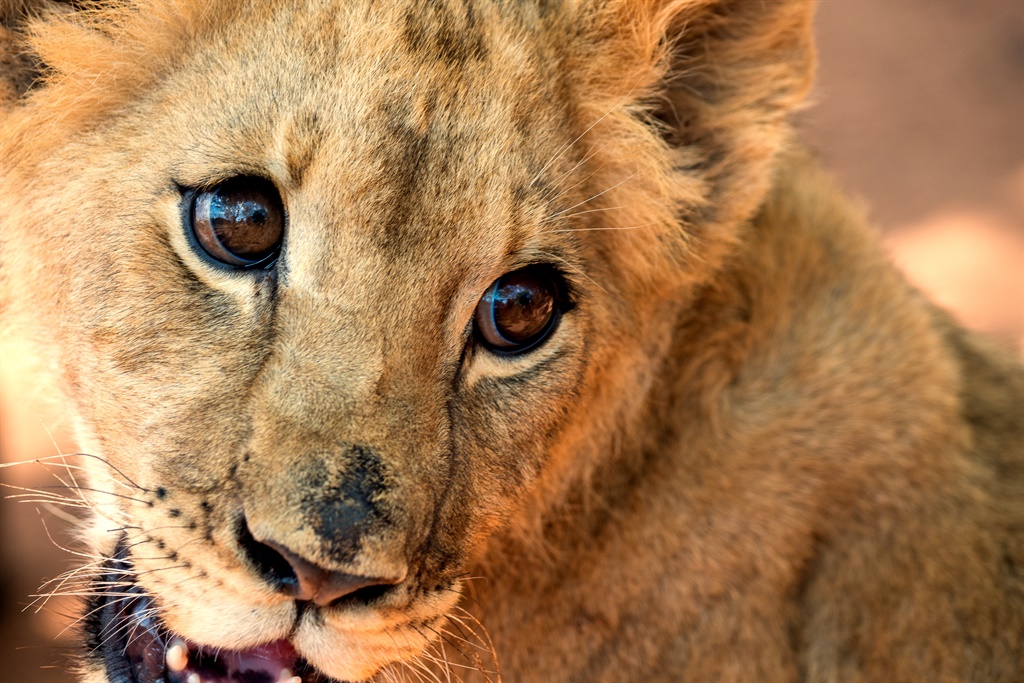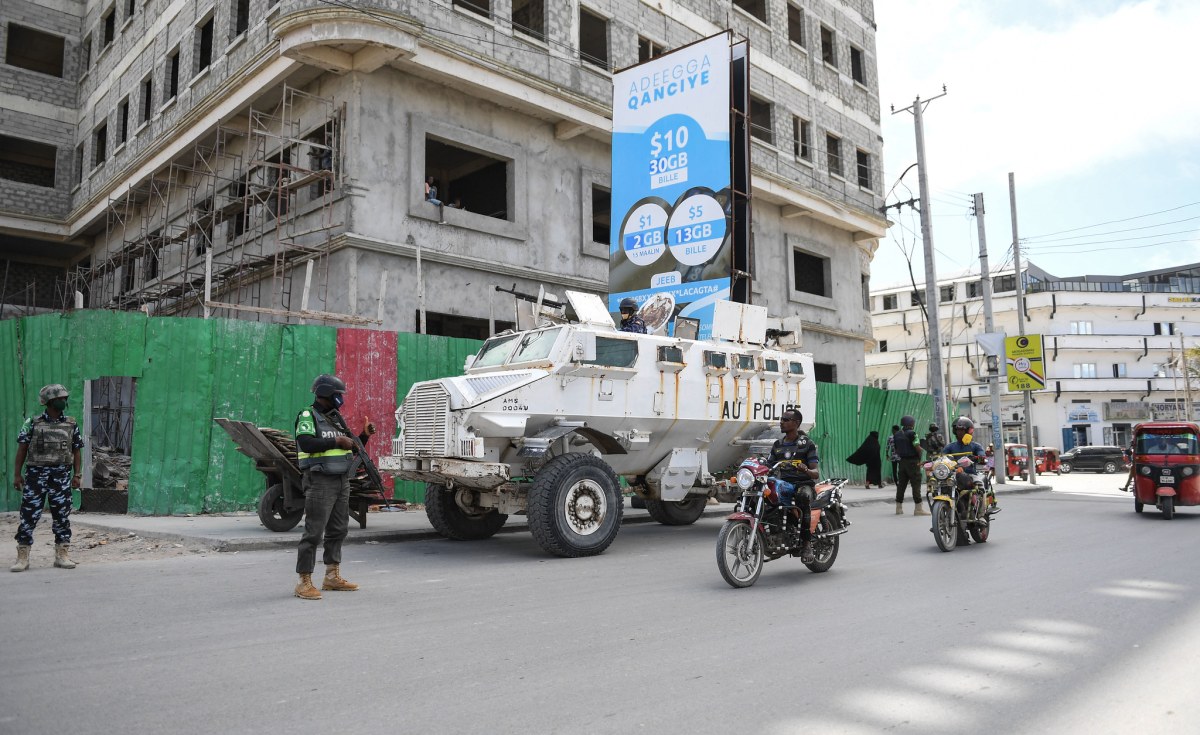(Getty)
aroundtheworld.photography
- Operators in the captive lion trade will be offered a voluntary exit from the business, environment minister Barbara Creecy says.
- As of Friday, Creecy is seeking nominations for a task team to look at the details.
- A previous panel suggested that captive lions should be put down.
- That is not necessarily the path the government will take.
- For more stories go to www.BusinessInsider.co.za.
Operators of captive lion facilities in South Africa are due to be offered a path to voluntarily get out of the business, documents published on Friday show.
Those that take up such an offer may find their way smoothed through sponsorship. Those that do not may face new regulations aimed at securing the welfare of their lions.
The captive lion trade features everything from animals bred and slaughtered for their bones to visitor-interaction sites where cuddly cubs can be handled. That – but especially the part of the industry that makes lions available for canned hunting – detract from South Africa’s reputation and overall conservation efforts, various groups and bodies have told the government for years.
See also | Here’s how canned South African lions are advertised to UK hunters – for up to R780,000 each
On Friday, environment minister Barbara Creecy gazetted a call for nominations for a new ministerial task team to advise her on captive lions.
The task team is due to both identify “voluntary exit options and pathways”, and to oversee implementation, its terms of reference show.
Creecy is looking for skills in veterinary care, animal welfare, the handling of lions – and labour law and trade unions “with particular reference to closure of business and retrenchment.”
Nominations for the ministerial task team are now open for the next two weeks.
The new task team has its genesis in a late-2020 recommendation, from a high-level panel, that captive lions be euthanised in order to “halt and reverse the domestication of our iconic lions”.
That panel said that lion bones should be appropriately disposed of, and that all tourist interactions with lions, including the petting of cubs, should be banned.
Creecy said she is now looking for “win-win outcomes” by providing those in the captive lion trade with a way out.
Her task team is due to audit facilities, to see how many lions and stockpiled “derivatives” they have, and then come up with a plan.
That does not necessarily mean putting down the captive lions. The task team will be expected to consider “circumstances under which lions may continue to be held in captivity in South Africa”.
The team will also be responsible for finding potential funders to support exits from the business.
The same task team is due to come up with guidelines to ensure the welfare of lions for any captive-lion facilities that do not take up the offer of a voluntary exit.





















Discussion about this post